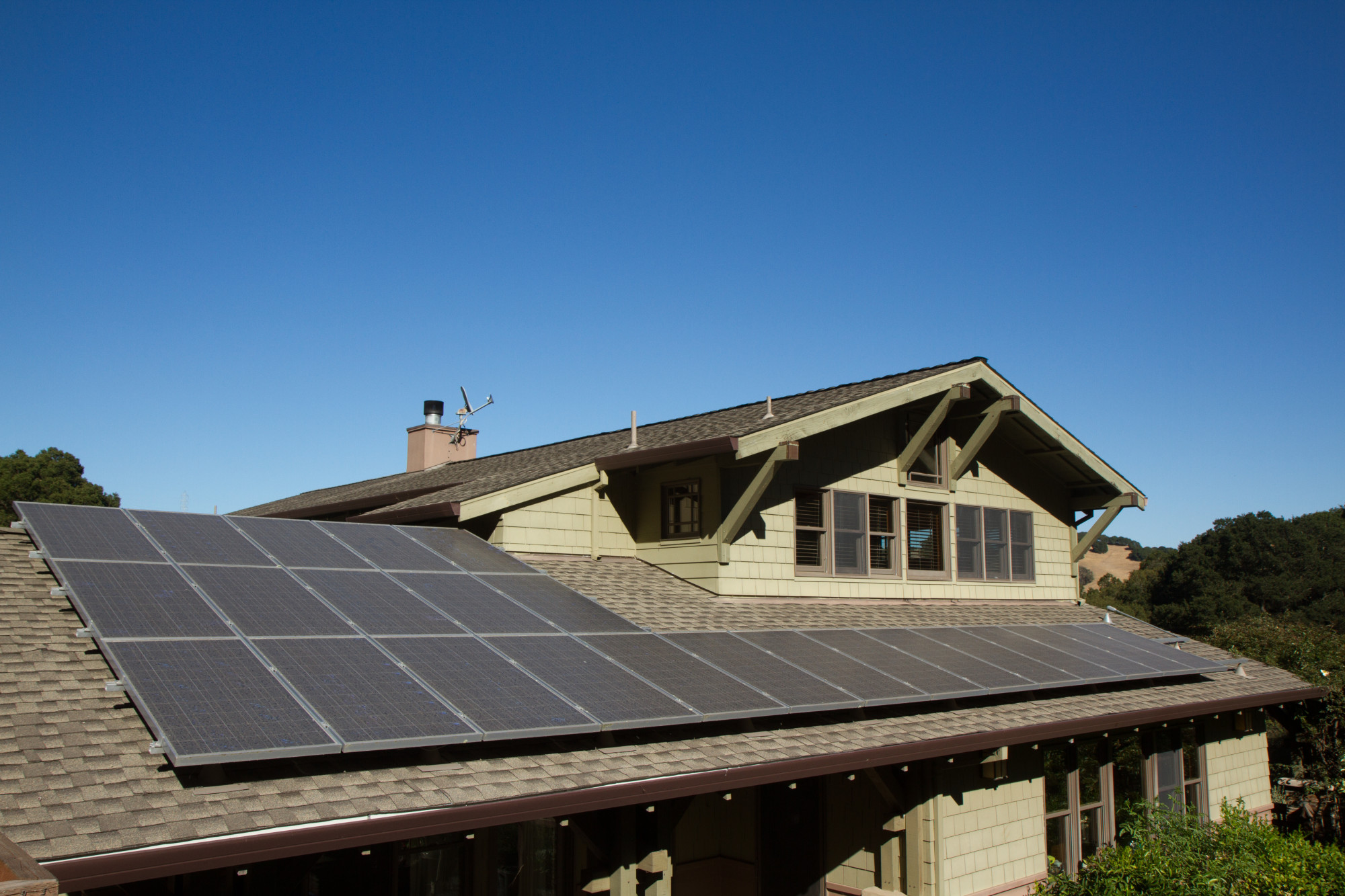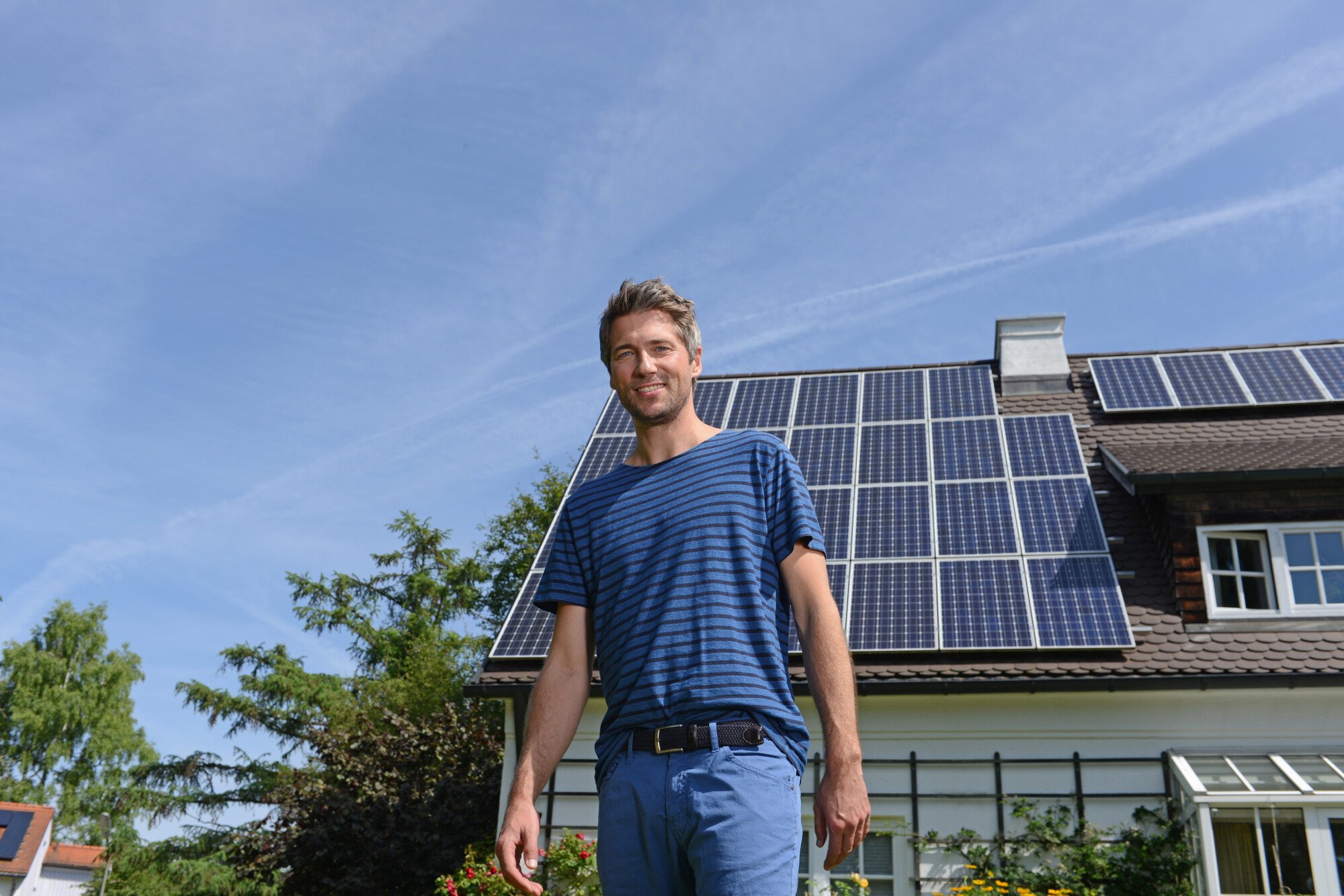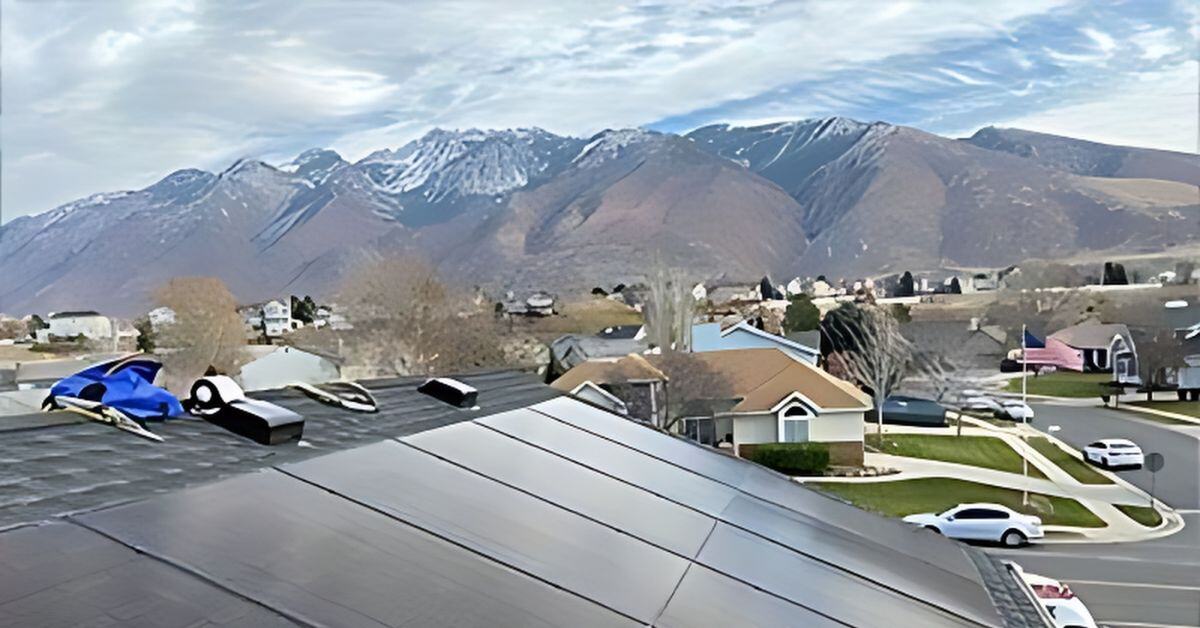Here Are Your Options: How to Pay for Solar Panels For Your Home

In 2020, the average price per kilowatt-hour (kWh) trended higher than ever in the United States. If you felt like your electric bill was more than it ever had been, that's because it was.
One popular way to combat the issue of high electricity bills is by installing residential solar panels. Don't think you have the funds to cover the cost of installation? Think again!
There are multiple payment methods to choose from when you want to go solar. Read on to learn how you can afford solar panels for a home.
Solar Financing (most popular)
The good pieces of solar leases also benefit those who opt for solar financing such as:
- No large upfront payment
- Professionally installed solar panels
- Predictable monthly payments
- Flexible terms
- Clean energy that costs less and helps the environment
The major difference between leasing solar panels and solar panel financing is the amount of money you save.
Unlike solar panel leasing, you own the solar system once its installed as you would with a car or home. Another difference is that with financing you still receive solar panel incentives.
Solar panel tax incentives on the federal, state, and local levels will depend on where you live and other factors. These can save you up to 60% on your solar bill. For residential solar systems, this adds up to thousands of dollars.
If for some reason you only receive the federal solar tax credit, ITC, you will save 26% of your installation costs. This might not seem like a lot, but you won't make 26% back with a solar lease.
If financing is available, it is the better option when compared to a solar lease. You can speak to your bank about receiving a Home Equity Line of Credit (HELOC), second mortgage, or personal loan.
These will help cover the costs of your solar system and the interest might be tax-deductible at the end of the year.
Most solar providers have in house financing options to choose from as well and make it really convenient to sign up. Interest rates range from 1.99%-4.99% depending on your qualifications.
When you choose solar financing you are effectively trading your fixed variable utility payment for a fixed predictable payment that never goes up and has an end date.
Solar Leases
A solar lease works similarly to rent payments. A solar panel installation company will install solar panels along with the other system components. With a solar lease, they are the sole owner of the panels, not you.
These solar panels for a home are on your property and you will still benefit from cost savings to an extent. Instead of paying for the solar you use, you pay the solar company a set amount per month.
This is beneficial for a lot of homeowners because the cost does not relate to how much power is generated. However, there are solar leases with an escalation clause so that the company is not locked in the terms forever.
Typically, these terms work for 20 years, but the length will depend on the solar company you choose.
Although you don't have to empty your pockets for a big upfront payment, you lose the opportunity to benefit from tax incentives when you opt for a solar lease. The solar installation company will receive that money instead.
Another drawback of the solar lease is that you pay the full price of the lease even during the months with little sun and less power production. In the end, you'll still save money, but not as much as you'd probably prefer.
PPA (Power Purchase Agreement)
Another way to avoid upfront costs that you might not be able to afford is by opting for a power purchase agreement (PPA).
For this method of payment, a company will install your panels and all of the necessary components, but they will own the system, much like a solar lease. Unlike a lease, you don't pay a fixed amount each month.
You'll pay for what the solar system generates on an agreed-upon per-kilowatt rate. This means that the solar panel installer acts as your new utility company. They'll charge you for whatever your system produces.
You won't cancel with your other power company because you'll still draw power from the grid. In return, you will receive two power bills instead of one.
More often than not, your power rates will be lower with a PPA than they would be with your traditional power company. Over time, this will save you some money.
The solar panel installer will also gain all of your tax credits because they own the system. You won't save nearly as much with this method as you would if you own the solar system.
The Lease or PPA would be a good option for those who don't qualify for the federal tax credit and wouldn't be able to apply that towards financing.
Cash Upfront
Paying cash upfront allows you all of the benefits of owning a solar system. The main advantages include the following:
- You own the system
- You gain all tax incentives
- You take advantage of inflation
- Bills savings increase over time
- No recurring bills
Another benefit not often talked about when paying cash upfront is that you get the maximum value from your solar panels. This means if you resale your home, the price will increase.
Since you own the solar system, you can also opt to move them to your new property. You'll need to pay additional fees to have them uninstalled and reinstalled on your new home, but it is worth the cost.
In some situations when you choose solar leasing or solar financing, you have to transfer the remainder of what you owe on your solar panels to the buyer of your home. Most will pay the panels off with the sale of the home and the new homeowner no longer has a power bill and the cost is effectively built into their mortgage.
Solar Panel Kits
Although it is possible to install solar panels on your own, it is not recommended. You do reap all of the same benefits of solar systems as you would when paying cash upfront except for a simple installation process and solar incentives.
If saving on installation fees means that much to you, give solar panel DIY installation a whirl. However, if you don't have the tools needed for installation already, you could be spending additional money on that.
The reason you won't receive tax incentives is that they are only given out when installation is completed by a certified professional. This is to discourage people from installing panels on their own because it is harder than it seems.
If you don't install your system properly, you will end up losing money in the end because the system will generate less energy than it would have otherwise. Unless you're an expert, this option is not the best one.
Community Solar
The last option that seldom people know about is community solar. Some are unaware that community solar exists because it is not actively available in every state.
However, for states that do offer community solar, it could be a beneficial option for homeowners. This is especially true for those who cannot install panels on their home because their roof is too small or they lease the home.
Community solar works differently depending on the area you live in. Subscribing to a community solar program does not have a one size fits all approach.
Community solar in general works by allowing residents to receive credit on their electricity bills for the power produced from their portion of a solar array. This means that the solar panels are placed off-site instead of on the home.
Homeowners are subscribed to a portion of the energy produced in a community solar garden. You will continue your utility and receive solar credits on your electricity bill.
Like other methods of going solar, you can save on electricity bills. The amount you save will depend on these factors:
- Pricing model
- Current electricity rates
- Cost of community solar subscription
- Amount of electricity received from a solar garden
One benefit of community solar that other methods of going solar don't have is flexibility. Instead of a long-term contract, your community solar subscription can be short-term and offer a simple cancellation process.
Solar Panel Incentives
There are some drawbacks to opting for community solar. If you invest in community solar through a subscription model, you don't own the solar panels and can't receive any government incentives.
The solar panel company or developer will instead take these solar incentives for themselves.
There is a community ownership model that means you own a specific share of the solar community. This program is less common but owners might be eligible for incentives, yet there is no guarantee.
Solar Panels for a Home: How Can You Afford It?
Solar panels for a home are an attractive option for many. Even though they are more affordable than in years past, not everyone has the money to install a solar system and own it.
Luckily, there are still ways to benefit from solar energy. Although some methods have more advantages than others, you can still expect to save money over time with any option you choose.
Is solar leasing, financing, PPAs, upfront payments, DIY kits, or community solar the right choice for your situation? With the information in this guide, you can make an informed decision.
Don't wait any longer to go solar. Check if your home qualifies for solar savings by speaking to our experts and getting a free quote.


